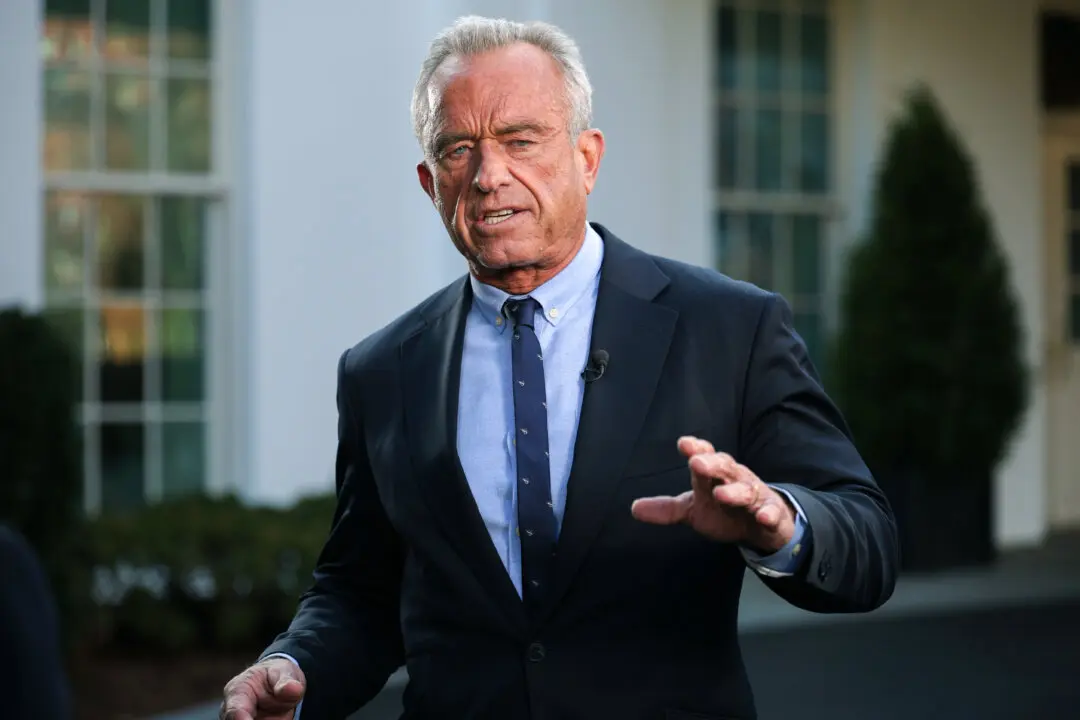Facebook announced this week that it’s banning advertisements that mention voter fraud or otherwise seek to undermine election results.
Among the ads that won’t be allowed, the company said in a policy statement, are ones that “delegitimize an election and/or result as fraudulent or corrupt because the result can’t be determined on the final day of voting and/or before ballots received after the final day of voting are lawfully counted.”





